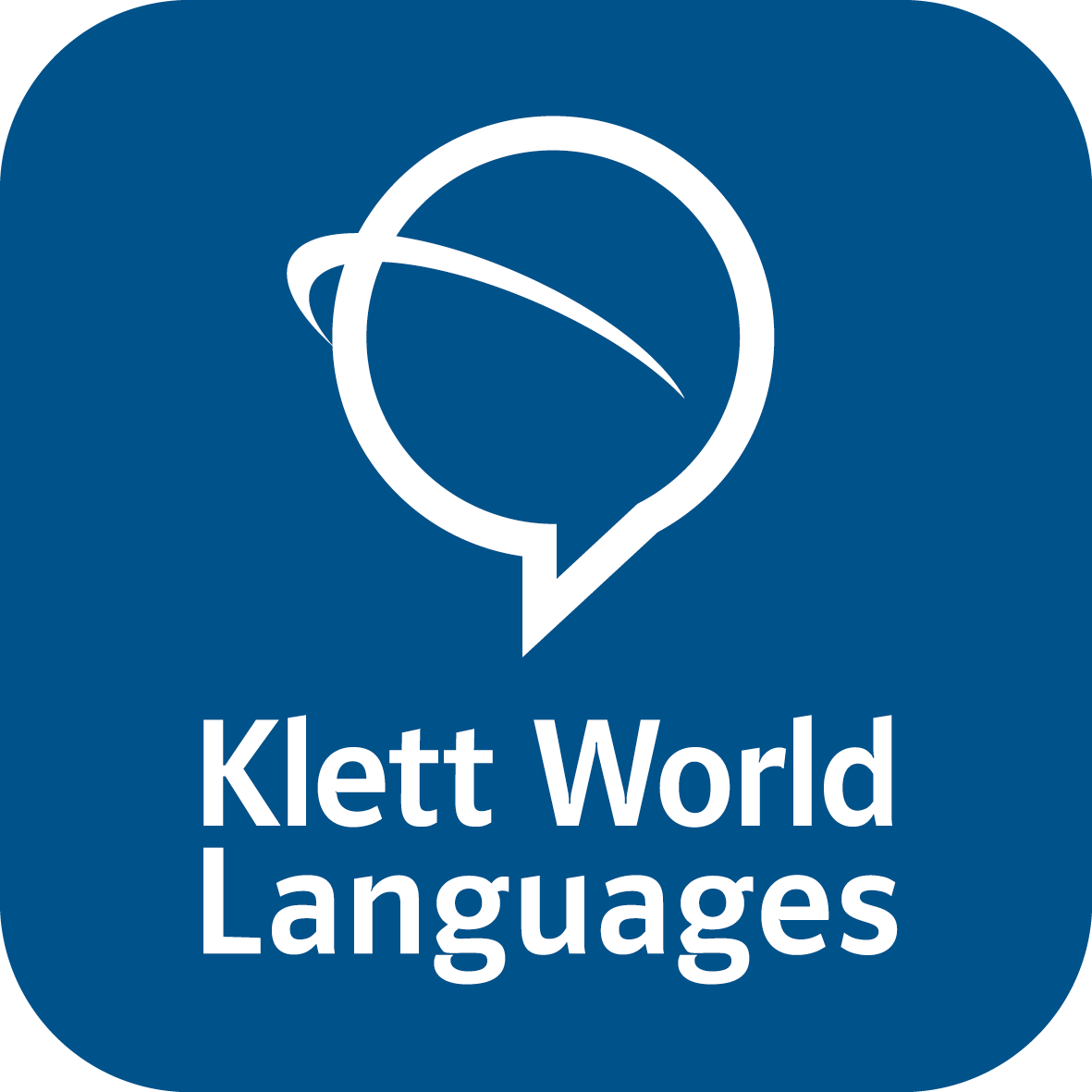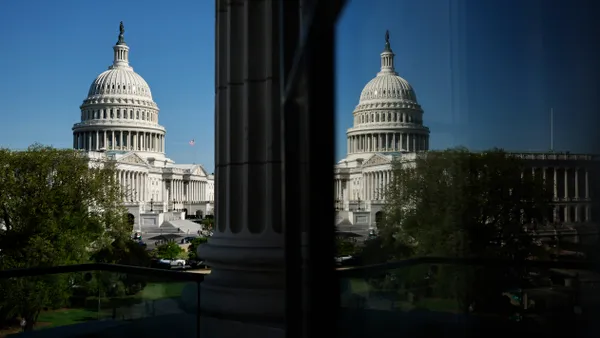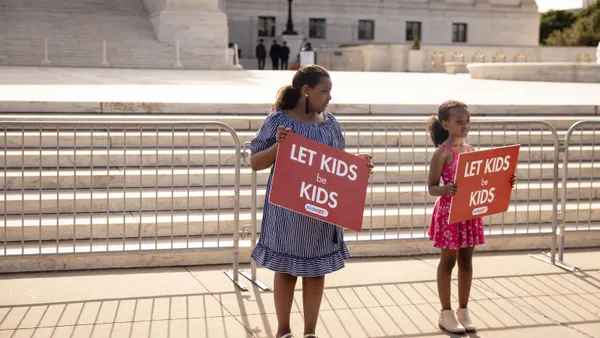Dive Brief:
- President Donald Trump's $100,000 fee for new H-1B visas risks exacerbating the nation's teacher shortage by keeping affected schools from hiring teachers from other countries, alleges a lawsuit filed Friday by a group representing education, union, religious and nonprofit interests.
- For instance, plaintiff Global Village Academy Collaborative — a public nonprofit that oversees a language immersion charter school network in Colorado — said it cannot afford the up to $500,000 the new policy would cost to hire world language teachers for the 2026-27 school year.
- More broadly, the lawsuit alleges the H-1B visa fee would strain an already acute teacher shortage and put school districts at risk of “losing valuable teachers in both urban areas suffering from staffing shortages and in rural districts where teachers are difficult to recruit.”
Dive Insight:
The lawsuit affirms fears from some school districts that Trump’s Sept. 19 proclamation on H-1B visas could worsen teacher shortages in their classrooms — particularly in high-need areas such as math, science and special education.
The fee’s impact could cut across various school districts in the nation, with the lawsuit citing examples of schools that rely on teachers with H-1B visas.
Texas public schools — which often hire more of these teachers than districts in other states — currently employ about 500 teachers with these visas, according to the lawsuit. The lawsuit also pointed to a spokesperson for Alief Independent School District in Texas who said the $100,000 fee would be a “significant financial barrier” and “unsustainable cost” for the district.
In North Carolina, school officials are worried that the fee will affect their ability to hire teachers when the state already faced 2,155 teaching vacancies at the start of the 2025-26 school year, according to the lawsuit.
The groups suing the Trump administration said the $100,000 fee violates the president’s constitutional authority as well as congressional statute regulating the H-1B process. The president has no authority to require fees or taxes that generate revenue for the U.S., the lawsuit said.
“The Constitution assigns the ‘power of the purse’ to Congress, as one of its most fundamental premises,” the plaintiffs said. “Here, the President disregarded those limitations, asserted power he does not have, and displaced a complex, Congressionally specified system for evaluating petitions and granting H-1B visas.”
While Trump’s proclamation gives the U.S. secretary of homeland security authority to grant exemptions to the $100,000 fee, the lawsuit expresses concern that this “is an open invitation for selective and arbitrary treatment.” Furthermore, the lawsuit states, this authority invites lobbying and "permits favoritism, ideologically based bias, and corruption.”
In fact, AASA, The School Superintendents Association, said in a Sept. 24 online post that it is working to get K-12 education to qualify for exemptions.
Before Trump’s proclamation, the H-1B visa fee could be up to $7,300 per applicant, though it was typically even lower for districts since they were cap exempt.
The White House did not immediately respond to a request for comment Monday about the lawsuit or whether K-12 schools will be considered for exemptions from the new fee.
AASA also expressed concern about a recently proposed federal rule to update how H-1B visa petitions are selected.
The Department of Homeland Security's Sept. 24 proposal would favor allocating H-1B visas to higher-paid employees in its lottery system. If implemented, school districts could face even more hurdles for hiring foreign teachers since teacher pay is “relatively low” compared to tech companies and other employees who apply for H-1B visas, according to AASA’s September post.














